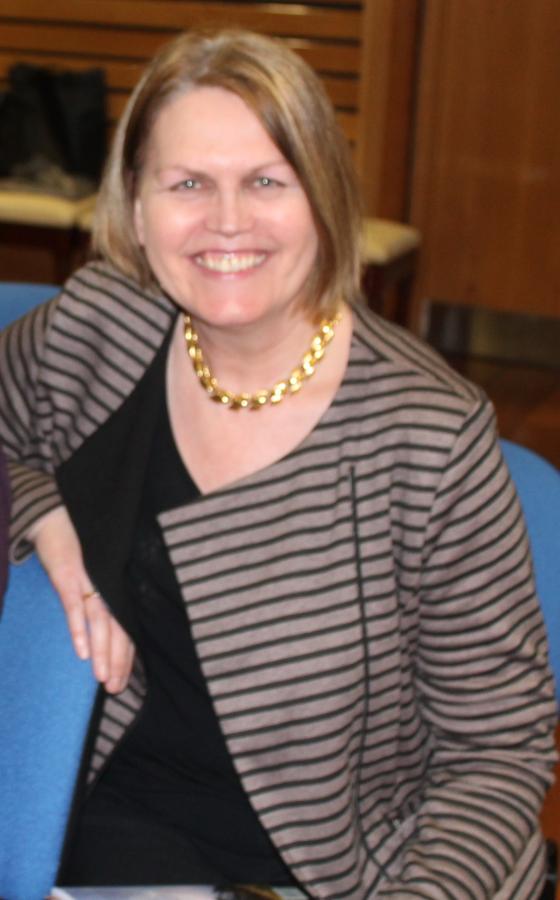Family history searches involve the who, the when, the where and the why of our ancestor’s lives.
In assisting people with their searches, we tease out the names and approximate years for the events in their lives, be it births, marriages or deaths.
In order to successfully find the family in the records we also need to know where, geographically, they are likely to be found.
Are we searching for a family in Dublin, in the West of Ireland, Belfast the Midlands or Cork? Many of our clients only know that their ancestor was from Ireland and that brings its own challenges. For many, the known family history is that they farmed or ran a business in one part of the country It often comes as a surprise to learn that certain key events in their ancestors’ lives took place elsewhere. It is a common occurrence for families in Kildare, Meath and Wicklow to find them marrying in Dublin. In the same way, the cities of Cork and Belfast acted as a magnet to the surrounding area, drawing in people from their rural hinterland.
Because we see the ancestor living, rearing their own family, and dying in one place, we imagine they spent all their lives in this spot. Why then does the all-important marriage record remain elusive? Much time can be spent searching for this essential bridging record.
The Imaging of civil records is a huge step forward in opening to us the vagaries of our ancestors lives and the decisions they took. We learn that, although most of the ancestors lives were lived in the rural area, it seems for their first few years, some couples, possibly waiting to inherit a farm, were employed in the towns and cities. For many, first children of the marriage were in fact born and baptised in a Dublin, Cork or Belfast parish.
Also, in this regard, a death record may remain elusive. Although Irish death records do not contain a great deal of genealogical information, for many searching, the only information they may have is the name of the ancestor. Knowing their year of birth is key to progressing the family history. Extending out the search to other registration districts may locate the record sought. So, even though all events to date say took place in Rathdrum, if the deceased was hospitalised, the death could ( and often is!) registered in the neighbouring registration district. In cases of Tuberculosis, people were often moved out of their own area, and their dates can be registered quite a distance from home.
Keep searching!
By Carmel Gilbride, Research Manager
